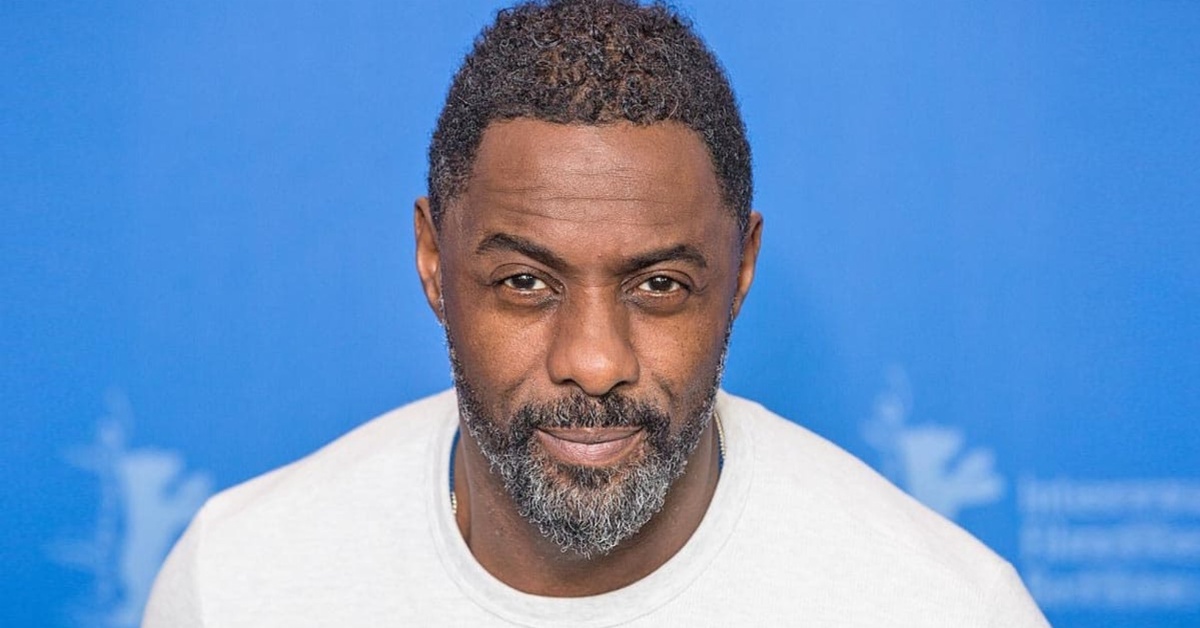Filmmaker and actor Idris Elba in an interview have advices Africans to tap into the global popularity of their creative industries to reap economic benefits.
He said “there’s a stigma attached to creative industries as not being serious business,” unlike other sectors such as mining or agriculture. But, he said, the arts could become a “significant driver of economic growth” if the sector’s value was accepted by policymakers.
“There is some key reframing that African countries need to adopt in order to really think about the business aspect of creativity,” said Elba, during our conversation which was hosted by telecoms company Africell and Sotheby’s auction house. He referred to creatives as the nucleus surrounded by a logistics network that creates jobs, from carpenters and make up artists, to sound engineers and lighting technicians.
Elba, whose parents hailed from Sierra Leone and Ghana, has worked on several projects across Africa in recent years. The actor, who played Nelson Mandela in a biopic, has filmed in various African countries, including Rwanda, Namibia, South Africa, and DR Congo.
In the last year, he has announced plans to build a film studio in Ghana and turn Sherbro Island — off the coast of Sierra Leone — into an eco-friendly smart city. Last month, insurer Lloyds of London said it would take a role in the project. It added that Sherbro Alliance Partners, the company run by Elba and his business partner, was putting together feasibility studies with Sierra Leone’s government.
Perhaps it’s unsurprising that an actor-filmmaker is advocating for the value of the arts. But, given the explosion of global interest in African music, art and films, it makes sense to find some way to ensure countries benefit, in much the same way that the United States benefits from Hollywood, for example.
Elba’s observations about the potential economic contribution of the arts reflect the trends that connect so many of the stories Semafor Africa has reported related to entertainment, such as Universal Music’s acquisition of Nigerian label Mavin and global popularity of Nigerian film The Black Book, which was streamed on Netflix.
I was also struck that the actor sees the African continent’s relative youth as being a key driver behind the heightened global awareness of African art. But whereas I’ve looked at how this means Africans are the solution to Britain’s elderly care crisis, he pointed to a collision of worlds. On the one hand, the global audience has never had so much access to the arts, thanks to streaming services. That’s left much of the world recycling “similar narratives, similar artwork, similar music, that just keeps getting regurgitated.” On the other hand, there’s an outpouring of creativity from African countries where most of the populations are aged under 25 — “a time when your brain is at its most creative.”
Sherbro Alliance Partners, which Elba co-founded in 2019, is collaborating with Sierra Leone’s government to develop a special economic zone on Sherbro Island with the promise of jobs and world-class infrastructure.
But this isn’t the first time a celebrity has sought to create a smart city in an African country where they have roots. Senegalese-American R&B star Akon announced a plan — inspired by the fictional kingdom of Black Panther’s Wakanda — to build a $6 billion futuristic city named after himself in Mbodiène, a coastal village in Senegal. The aim was to generate tourism and jobs but, five years later, the project site was mostly wasteland with few signs of construction.











